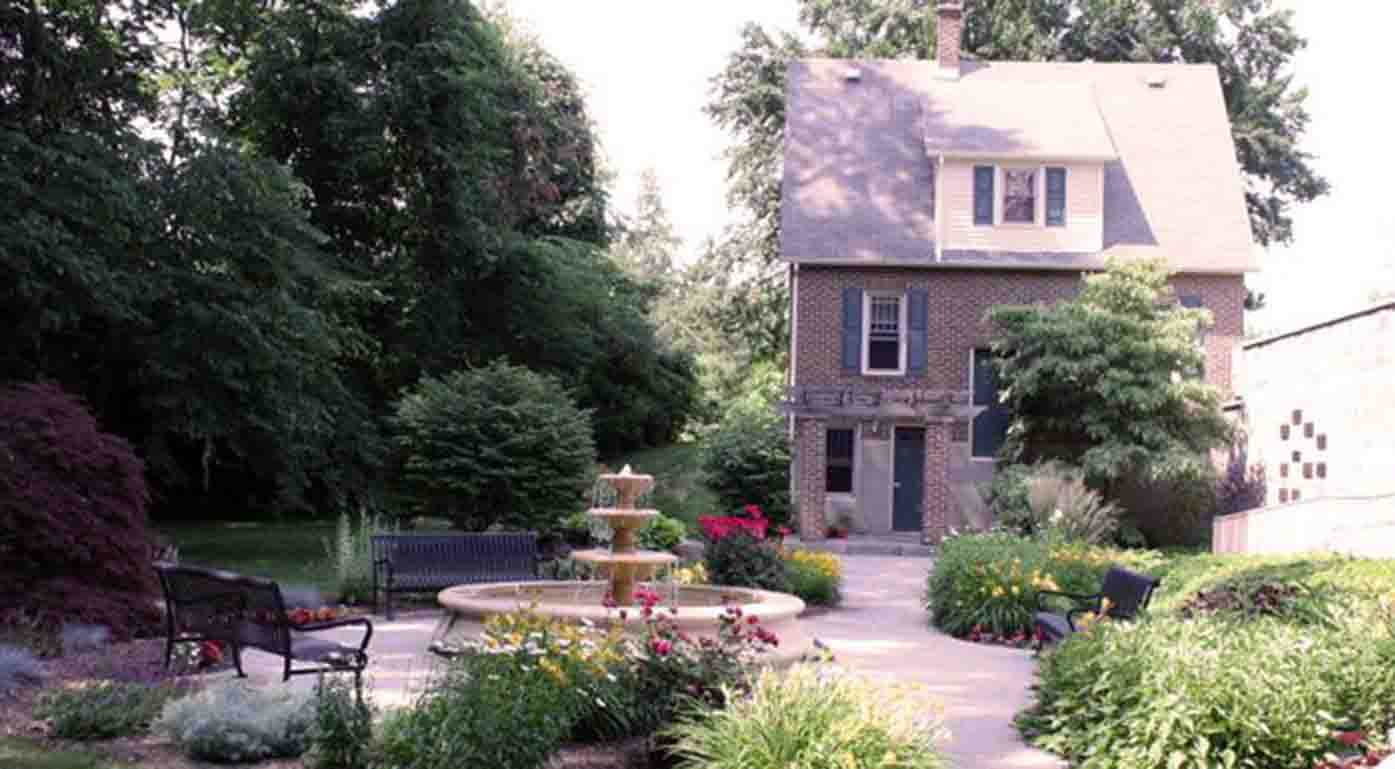
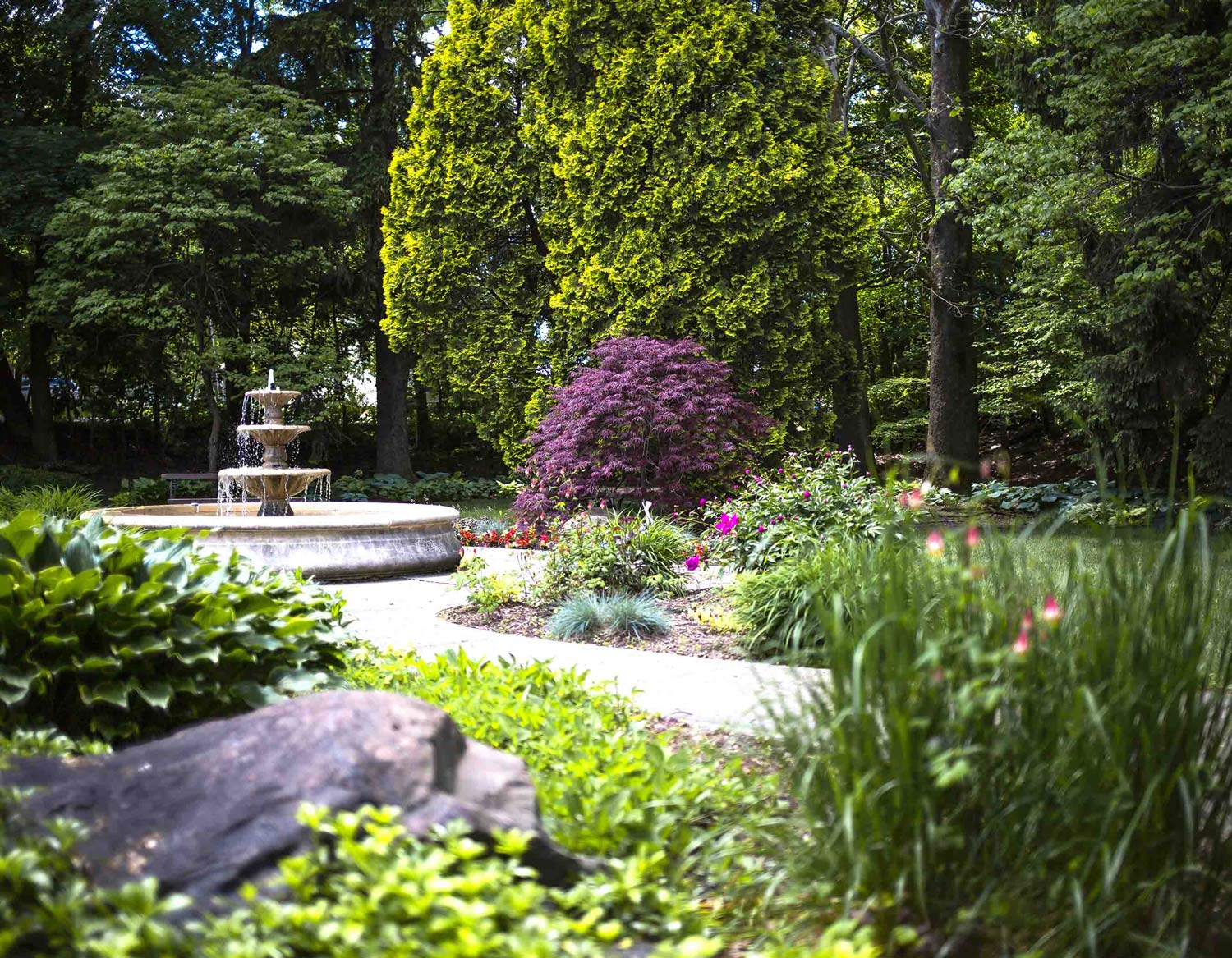
ach year, Manchester’s Peace Studies Institute hires a student who has recently graduated to fill the role of peace studies coordinator. This one-year, full-time position is responsible for coordinating extracurricular activities of the peace studies program. While not always the case, the coordinator is generally a freshly graduated peace studies student.
The position, first known as the “peace studies intern,” became “peace studies coordinator” in 2009 when the program began paying half the wages. In 2019, an endowment to peace studies allowed the program to begin paying full wages.
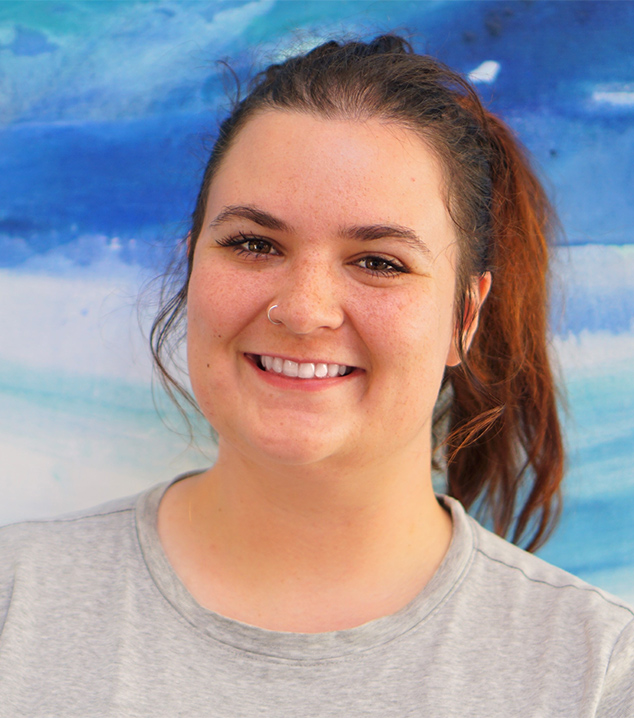
Influenced by coordinators who came before her and shaped her Manchester experience, she wanted to give back in a similar way.
“My experience specifically with co-curricular activities organized and facilitated by those coordinators gave me so much confidence and developed my practical skills both in and out of the classroom, and I wanted to attempt to be a part of that impact on other students,” Rendler said.
Tina Rieman ’94 followed a less traditional path that led to her taking the position of peace studies intern. An English major, Rieman attended meetings of the Kenapocomoco Peace Coalition every Monday night but had only taken one peace studies course. After graduating, she did Brethren Volunteer Service work for two years before returning to North Manchester.
“In my case, because I had gone away for two years, it was probably harder for me because I was out of the context of Manchester and didn’t know as many people as someone who graduates and goes right into it,” Rieman said. “Also, I wasn’t a major. So even though I was involved, it wasn’t my only circle. And I didn’t have the context of all the peace studies courses.”
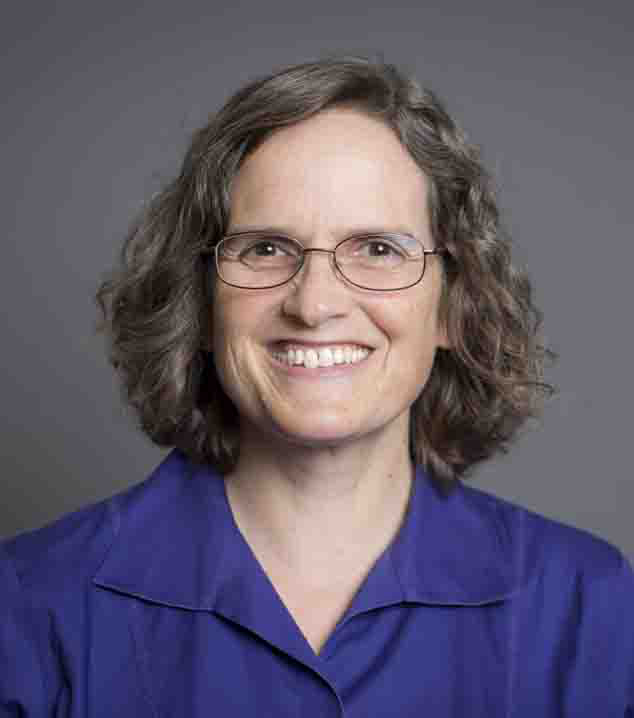
Now, the peace studies lounge, typically shortened by students to “PSL,” is in the Martha and Joseph Cunningham Academic Center. Instead of having a separate office, the coordinator’s desk is in the lounge itself. Floor to ceiling shelves hold books on peace studies-related subjects for anyone to read. Coffee hours are often hosted in the lounge, the topics of which range from internship opportunities to international affairs.
The Peace House, across the street from Helman Hall, is the place coordinators have called home year after year. The Gladdys Muir Peace Garden is a spot frequented by both community members and students, but not everyone knows that the house connected to the Garden is almost always occupied by the peace studies coordinator.
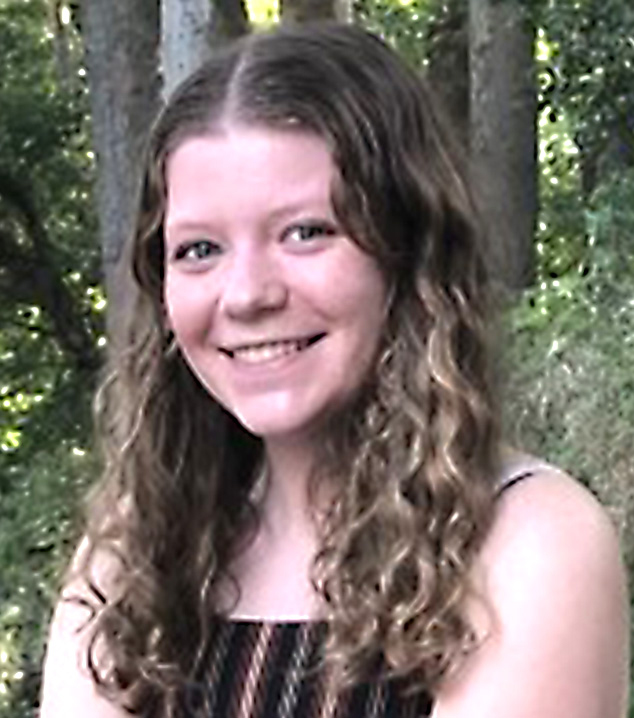
For Andrew Duffy ’02, peace studies intern during the 2002-2003 school year, the house was used occasionally for student gatherings, although he did not live there. “We had a very active program then with a lot of students that were engaged both in their academics and also in various peace campaigns and projects,” Duffy said. “One of my primary tasks was to make sure students had access to resources – funds, people, materials, etc. – to pursue their student group goals.”
What makes a position like this so unique is that the coordinator must work with and be responsible for students who have been their peers and friends.
“It was a bit strange to still be surrounded by people who were in my classes and were my friends but were still students while I was an employee, but I think this is one of the many advantages of the way the position is set up – I already had great relationships with students and knew what I could do to enhance their experience in the program” Rendler said. “I loved being a student, and then getting a peek behind the curtain at all the hard work that goes in to giving students a meaningful and impactful college experience.”
For Rieman, who had a two-year gap between her final year as a student and her year working for the program, it wasn’t as strange a transition. “Theoretically, half the student body I would’ve overlapped with had graduated, so I don’t remember that feeling like an issue.”
There were, however, a few students she did know who she had to supervise as student workers. “There was the comfort of the familiarity,” Rieman said. “So that definitely worked to our advantage. We already communicated well and liked each other.”
The additional year that these Manchester graduates spend working for the peace studies department is one of transition and discovery. It allows them to support a program dear to them, while also gaining valuable skills and experience in peace-related work and exploring where their career might lead them next.
Rendler is currently nearing the end of a year abroad doing community programming work in Northern Ireland through Brethren Volunteer Service.
“My time as peace studies coordinator taught me that I have a passion for working with young people who want to use their skills, privilege, and education to make a difference in the world,” Rendler said. “I also now know that when I do find a long-term career, it is crucial that I work in a place with a strong community of thoughtful and kind coworkers. This was one of the best parts about working at Manchester, being a part of a team of people dedicated to giving students the best possible experience.”
